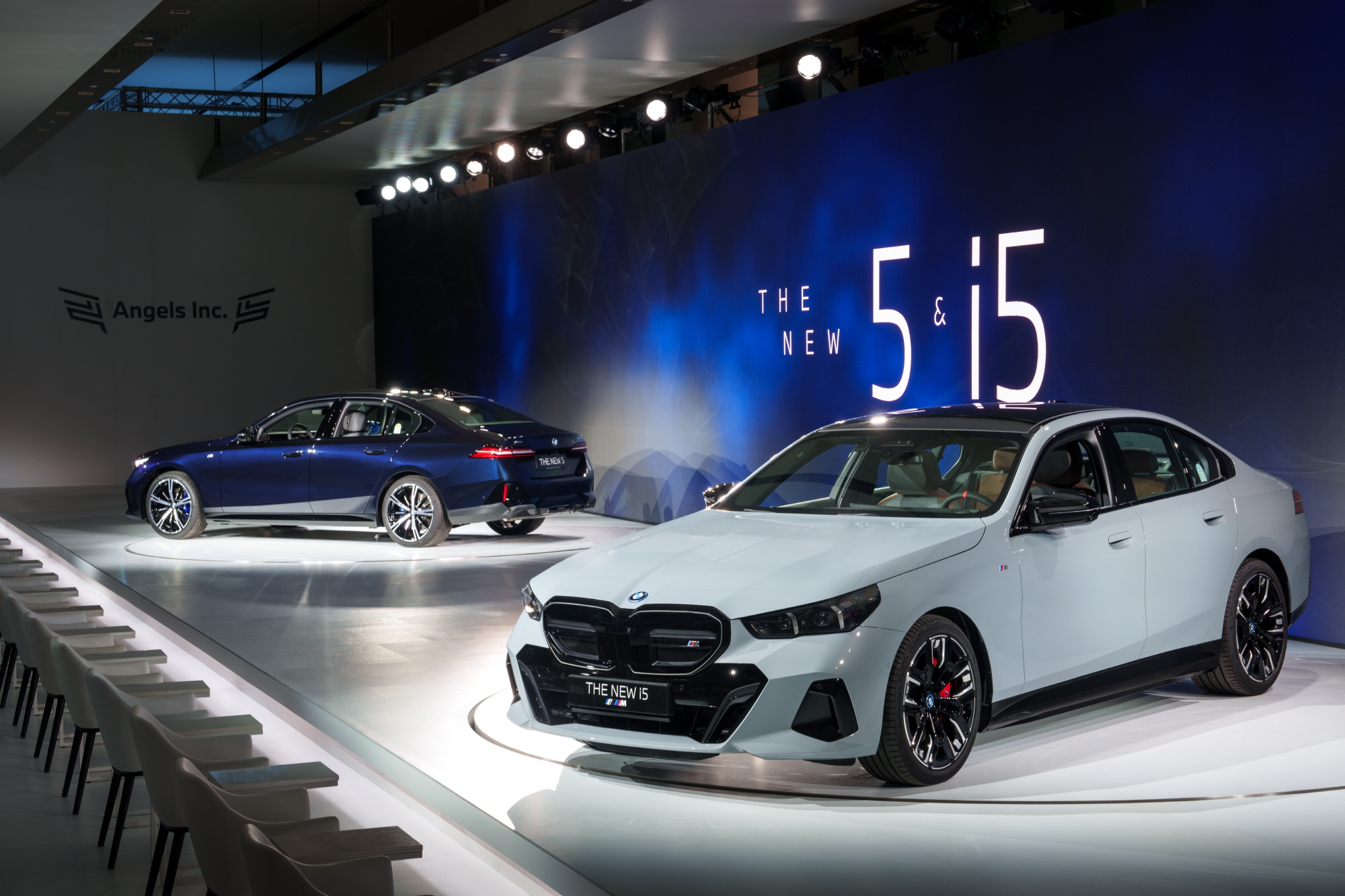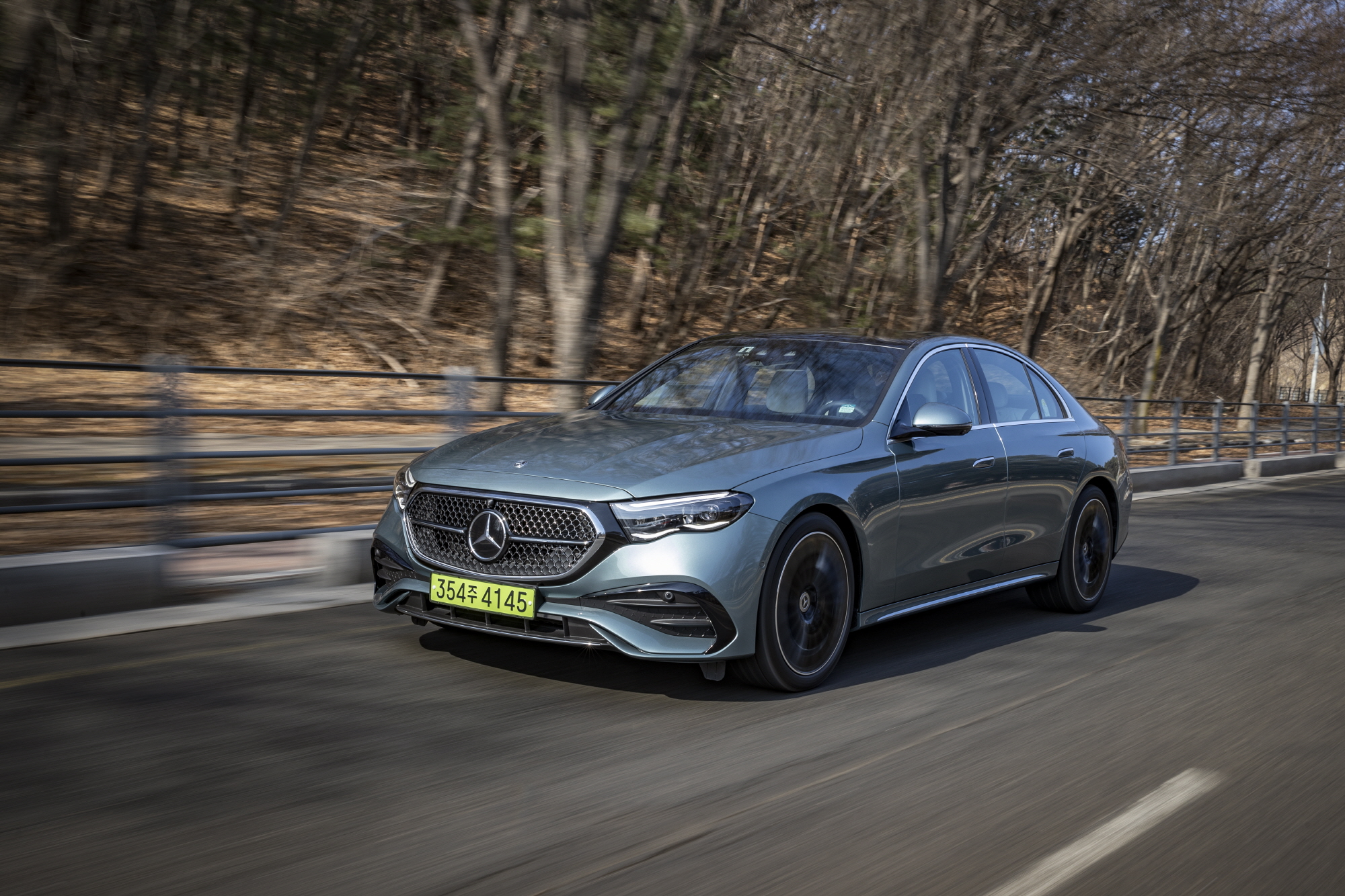
Hybrids have surpassed internal combustion engines, and BMW has overtaken Mercedes-Benz. This is the state of the imported car market in January.
The Korean Imported Car Association reports that the number of new registrations for imported cars in January was 13,083, a decrease of 19.4% compared to January 2023, which had 16,222 registrations.
Looking at sales by fuel type, hybrid models sold 7,065 units (54%), indicating that more than half of the imported car buyers opted for more efficient hybrid models. Gasoline sales, which had been strong until now, fell sharply to 4,208 units (32.2%). Following that were electric vehicles with 821 units (6.3%), plug-in hybrids at 588 units (4.5%), and diesel vehicles with 401 units (3.1%). In this era of carbon neutrality, we are witnessing a clear increase in sales of hybrids and electric vehicles, while pure internal combustion engine sales are declining.
By engine displacement, registrations of vehicles under 2,000cc accounted for 6,532 units (49.9%), suggesting that half of the customers purchasing imported cars prefer compact models with lower maintenance costs. In terms of country of origin, European cars dominated the market with 10,164 registrations (77.7%), showing a strong preference for European brands among imported car buyers.
In terms of brand sales, BMW recorded 4,330 units, a decrease of 28.9% from 6,089 units in the same month last year. Mercedes-Benz increased slightly to 2,931 units compared to 2,900 units last year, marking a 1.1% rise. Lexus experienced a remarkable jump, selling 998 units as compared to 576 units in the previous year, representing a 73.3% increase.
The best-selling imported car model of January was the 5 Series (1,126 units), followed by the Mercedes-Benz E-Class (646 units) and the BMW X5 (585 units).

Lee Sang-jin daedusj@autodiary.kr

